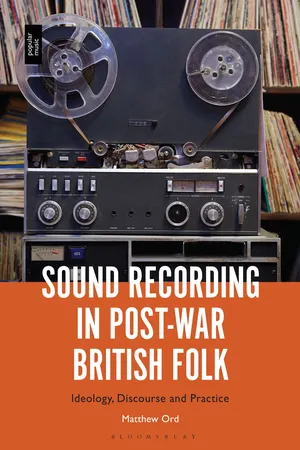
- 257 pages
- English
- PDF
- Available on iOS & Android
About this book
The Beatles and Black Music discusses the influence that Black music and culture has had over the Beatles throughout their collective and solo careers. Richard Mills adopts a musicological and historiographic account to demonstrate the extent to which Liverpool's colonial history influenced the Beatles' music. Beginning with the grand narrative of British colonial history pre-Beatles, it covers the influence of Black music and culture on the Beatles' teenage years in the 1950s, their association with Lord Woodbine, their love of American Rhythm and Blues in the mid-1960s, and extends to a discussion of post-colonial British identity and the lasting effect Black music has had on the Beatles' legacy and continues to have on the solo careers of Ringo Starr and Paul McCartney. Tracing the history of Black musical and cultural influence on popular music from the Transatlantic Slave Trade in 1795 to the nascent Mersey Beat scene in the early 1960s, this book is the first to explore the Beatles from this important cultural lens.
Frequently asked questions
- Essential is ideal for learners and professionals who enjoy exploring a wide range of subjects. Access the Essential Library with 800,000+ trusted titles and best-sellers across business, personal growth, and the humanities. Includes unlimited reading time and Standard Read Aloud voice.
- Complete: Perfect for advanced learners and researchers needing full, unrestricted access. Unlock 1.4M+ books across hundreds of subjects, including academic and specialized titles. The Complete Plan also includes advanced features like Premium Read Aloud and Research Assistant.
Please note we cannot support devices running on iOS 13 and Android 7 or earlier. Learn more about using the app.
Information
Table of contents
- Half Title
- Title Page
- Copyright Page
- Dedication
- Contents
- Figures
- Acknowledgements
- Introduction: Recording and revivalism in Britain
- Chapter 1: ‘The pure drop’: Sound recording and the authenticity of traditional song
- Chapter 2: Lost voices and modernist echoes: The Radio Ballads and working-class culture
- Chapter 3: ‘The real sound of folk music’: Folk, pop and the politics of recorded sound
- Chapter 4: Topic Records and the revivalist recording aesthetic
- Chapter 5: Professionalization and creative autonomy in the studio
- Chapter 6: Song and sonic metaphor in folk-rock recordings
- Conclusion
- References
- Index